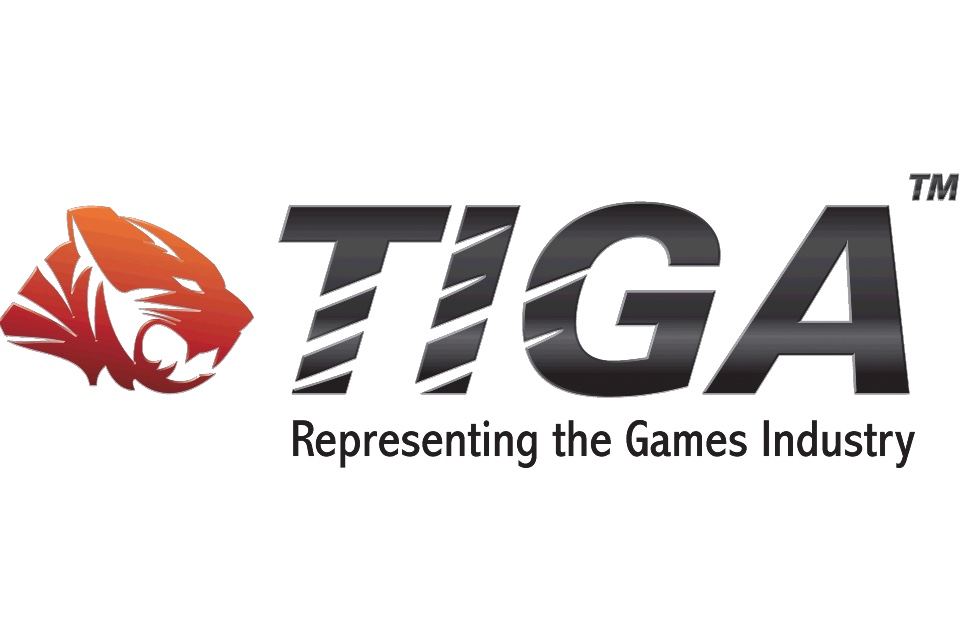
TIGA, the trade association representing the UK video games industry, has called on the Government’s Department of Education to focus on enhancing attainment at Key Stage 2 and at GCSE level and continue to fund BTECs.
Contributing to the Government’s Curriculum and Assessment Consultation, TIGA highlighted the following:
- The Department of Education should focus on improving attainment levels at Key Stage 2 and at GCSE level.
- The Government should invest more resources in FE colleges and adult learning.
- The Government should explore the potential for using the forthcoming Ofsted report card system to identify the provision of creative learning in schools. This could encourage more schools to provide opportunities for learning art subjects and creativity in their curricular and extra-curricular provision.
- Funding for BTECs should be retained and suitable T-levels for the games industry should be developed. BTECs provide an important route into higher education, including for games courses.
- The apprenticeship levy should be transformed into a general training levy, enabling employers to spend the money on any high-quality training programme.
- The Government should avoid overloading the content of the National Curriculum and increasing burdens on schools, especially without any commensurate increase in resources.
In TIGA’s communication with the Department of Education, it highlights that:
- As of May 2024, the UK video games industry employed over 24,891 full time development staff (25,419 including freelancers) in 1,697 studios.
- Our industry provides high skilled employment: over 80 per cent of the development workforce in many studios are qualified to degree level or above.
- The industry supports economic growth in clusters throughout the UK: approximately 80 per cent of the workforce is based outside of London.
TIGA also underlined some of the strengths of the education system, including:.
- The UK spends 6.2 per cent of Gross Domestic Product (GDP) on educational institutions from primary to tertiary levels. This is above the OECD average of 4.9 per cent (OECD Education at a Glance 2024: country note UK).
- The average annual expenditure per student from primary to secondary education in the United Kingdom is USD 14 262 compared to an average of USD 12 703 in OECD countries (OECD Education at a Glance 2024: country note UK).
- 67.4 per cent of outcomes at GCSE were at grade 4 or above in 2024.
- 76 per cent of outcomes in A levels were at grade C or above in England in 2024.
- STEM subjects were amongst the most popular A level subjects in 2024.
- Since 2018, English pupils’ performance in maths has improved relative to the OECD average (The Economist, July 2nd 2024).
- The education system enables a high proportion of students to progress to tertiary education. The share of 25–34-year-olds with a tertiary qualification in the UK increased from 52 per cent to 60 per cent between 2016 and 2023, compared with an OECD average increase from 42 per cent to 47 per cent (OECD Education at a Glance 2024: country note UK).
TIGA also noted some of the challenges facing England’s education system:
- Only 61 per cent of pupils reached the standard expected of them in reading, writing and maths at Key Stage 2 in 2023-4.
- While 59.5 per cent of students passed maths and 61.9 passed English at GCSE in 2024, 40.5 per cent of students failed to pass maths and 38.1 per cent failed to pass English GCSE (Financial Times, September 4th 2024).
- Further Education Colleges perform a vital role in the English education system, but between 2010 and 2019-20, real terms per student funding fell 14 per cent in English colleges (Financial Times, 25th November 2022). [1]
- The number of adult learners fell 47 per cent between 2010-11 and 2022-23 (Financial Times, May 27th2024).
- There has been a sharp decline in Arts entries at GCSE and Arts entries at A level.
TIGA CEO Dr Richard Wilson OBE said: “The UK video games industry can help support the Government’s plans for economic growth. In turn, our industry needs a well-educated and skilled workforce to develop games and to build world renowned studios.
“The Government should focus on increasing attainment levels at KS2 and at GCSE level, invest resources in FE and adult education and retain funding for BTECs which provide a route for many learners into higher education. The Government could explore the potential for using the forthcoming Ofsted report card system to identify and encourage learning opportunities in arts subjects and creativity in schools’ curricular and extra-curricular provision. The Government should also transform the existing Apprenticeship levy into a general training levy so that employers can respond to skill needs quickly and invest in any high quality, industry relevant training programmes.”
[1] The increase of £300 million in FE funding in the Autumn Budget is a positive step.

